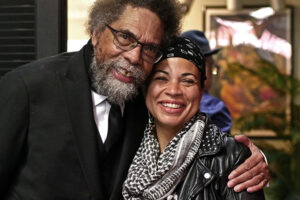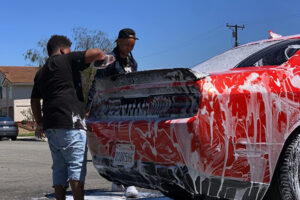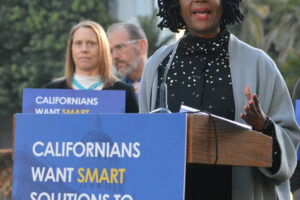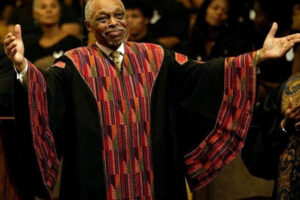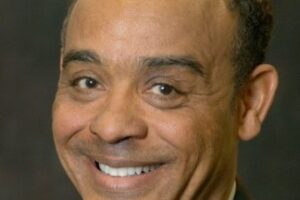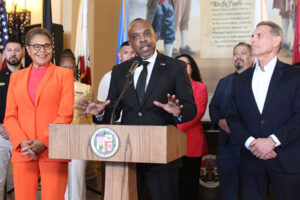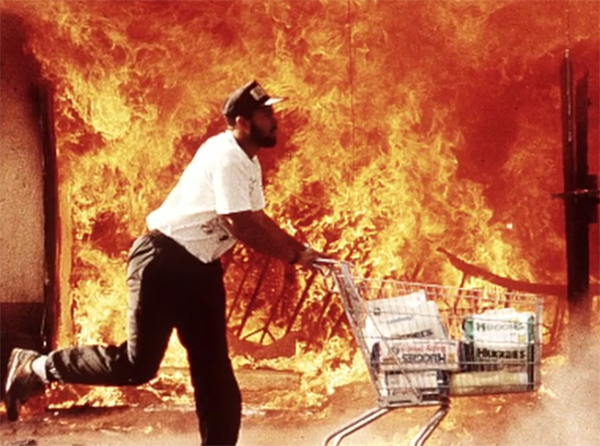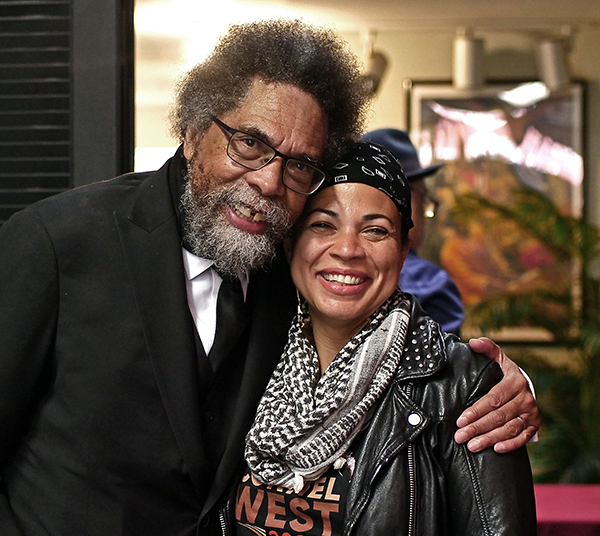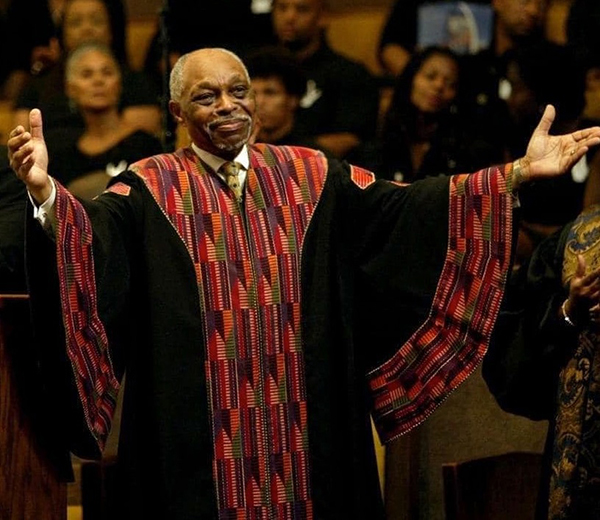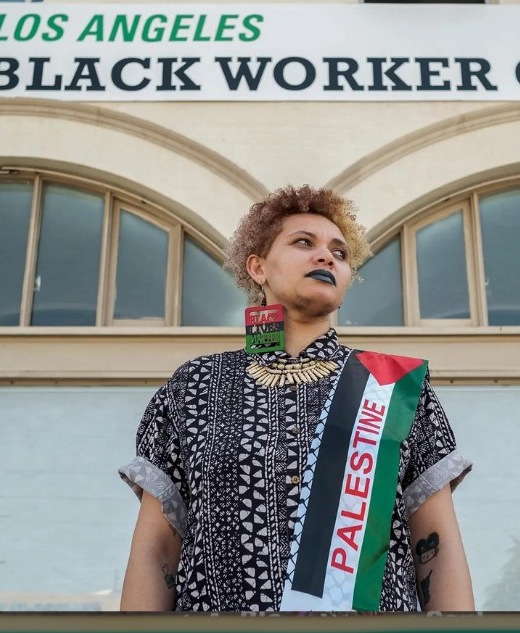By Ray Richardson
Contributing Writer
LOS ANGELES – Thirty years after the Rodney King riots in Los Angeles resulted in 63 deaths and more than a billion dollars in property damage, a mixture of emotions are surfacing as the city prepares to commemorate a somber milestone April 29.
Has Los Angeles truly recovered from the six days of rioting in 1992 that tore neighborhoods apart?
Have African-American and Korean communities reached genuine healing?
Is there noticeable policy reform within the Los Angeles Police Department when it comes to treatment of minorities?
Is the relationship better or worse between African Americans and police departments around the country?
“For me, I don’t feel the relations between police and Black communities have changed much,” said Tavis Smiley, founder of KBLA 1580 AM and mid-day host on the Black-owned Los Angeles talk radio station. “Police are still killing unarmed Black people. They’re still harassing citizens. I don’t think the Black community trusts the police today any more than we did 30 years ago.”
Numerous events throughout the city, including at Leimert Park, have been planned April 29 in remembrance of the rioting that began April 29, 1992, after four Los Angeles police officers accused of meeting Rodney King the previous year were acquitted on all charges by a Simi Valley jury.
The King beating had been captured on video that showed King laying on the ground after he was pulled over for a traffic violation.
KBLA, which launched in June 2021, is doing its first live remote broadcast on the corner of Florence and Normandie avenues, the intersection that became known as “Ground Zero” during the unrest.
Truck driver Reginald Denny was approaching the intersection when four men pulled him out of his vehicle and beat him, leaving him with severe brain and spinal injuries. One of the men, Damian Williams, hit Denny in the head with a cinder block as Denny lay on the street. The incident, shown around the country, was captured on film shot from a helicopter used by a crew working for the Los Angeles News Service.
“This is the perfect occasion and location for us to get out of the studio,” Smiley said. “We want to be present for this moment and ask the questions that need to be asked about where we are 30 years later.”
Smiley and KBLA morning drive host Dominique DiPrima are scheduled to broadcast live at the location from 6 a.m. to noon in front of Miracle Beauty Supply, a family business on the northeast corner of the intersection.
Among the scheduled guests are Los Angeles mayoral candidate Karen Bass, attorney Brian Dunn, who represented Denny in the assault trial, and Lora King, Rodney King’s daughter.
Lora King, 38, was 7 when her father was beaten by the four LAPD officers.
“It seems like it was yesterday,” King told The Wave. “So many things keep happening with the police and our people that remind me of what happened to my father.”
King, a former accountant, ventured into a new career after her father died from an accidental drowning in 2012. In honor of her father, she started the Rodney King Foundation, an organization devoted to providing resources for underprivileged youth and helping fathers be more active with their children.
Though she takes enormous pride in her father’s legacy, King agrees with many people that his beating has not completely changed the culture of police encounters with minorities.
“As soon as I see progress, there’s another hashtag,” King said in reference to high-profile police shootings of unarmed minorities. “The system needs to be redone. Whatever techniques or training they’re supposed to be using is not working. There are some police officers who are out here getting their hands dirty, trying to do the right thing in the community, but we need more of them.”
The King beating was expected to motivate significant police reform around the country.
Whatever progress was made in police-community relations suffered major setbacks in the aftermath of George Floyd’s murder by a Minneapolis police officer in May 2020 and the fatal police shootings of Breonna Taylor in Louisville, Philando Castille in St. Paul, Minn., and Duante Wright in Brooklyn Center, Minn.
All four incidents led to nationwide demonstrations and further discourse between police departments and minority communities.
Tom Bradley, Los Angeles’ mayor during the 1992 riots, managed to achieve a victory that still has some impact today. After the riots, Bradley formed the Christopher Commission, an initiative designed to fully examine the practices and policies of the LAPD.
One of the commission’s recommendations was to limit LAPD chiefs to two five-year terms. A second five-year term would only be allowed if approved by the City Council. Former LAPD Chief Daryl Gates was in his 14th year running the department during the riots.
The controversial Gates was forced out in 1992. Since Gates, the LAPD has had eight chiefs, including current Chief Michel Moore, who took over in 2018. None of Gates’ successors have been on the job for more than two terms.
Moore’s presence and the term limit has raised optimism in some community circles that relations with LAPD are improving.
“When we look back at past chiefs, Moore has set the standard on how to stay engaged with the community,” said Robert Sausedo, president and CEO of Community Build, a nonprofit organization developed after the riots to help rebuild South L.A. “There is more trust, but it’s a delicate balancing act. We’re always one (police) incident away from starting over.”
Ray Richardson is a contributing writer for The Wave Newspapers. He can be reached at rayrich55@gmail.com.

